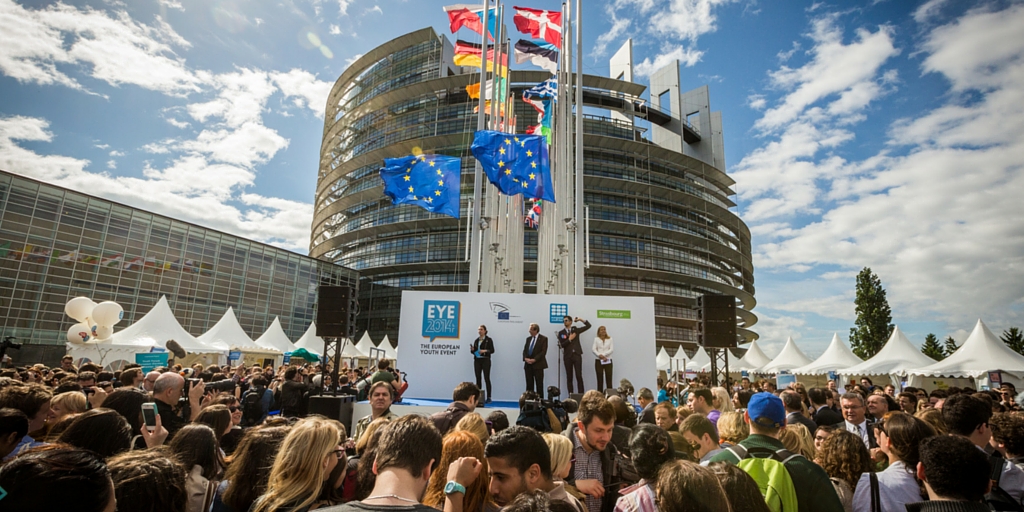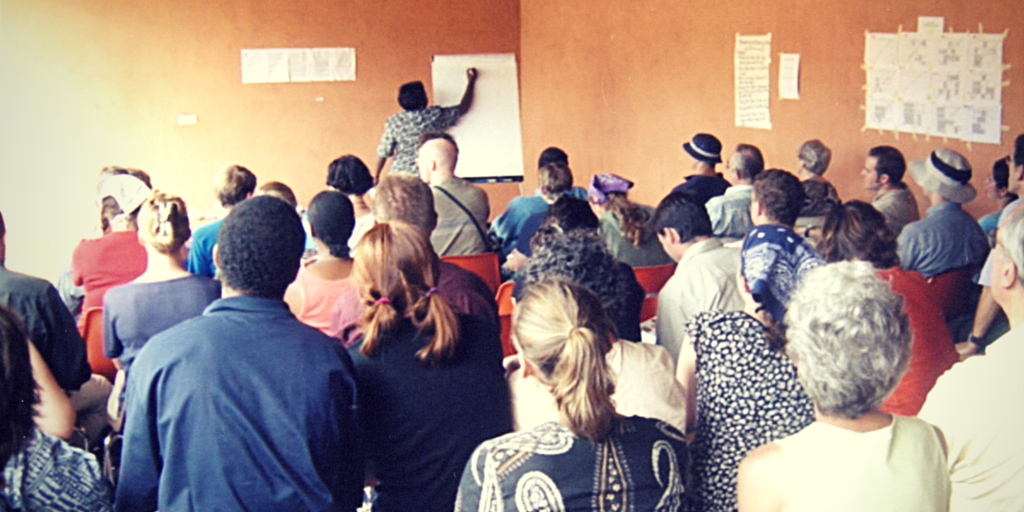
Understanding local and international trends, analyzing conflict dynamics and learning from past experiences represent nowadays the basic steps for designing effective and innovative peacebuilding interventions. Research and analysis are indeed central not only to AP’s work, but also to the success of all actors working in peacebuilding and conflict resolution.
AP conducts research and analysis on a variety of issues, all related to peacebuilding, and using different methodologies. The results from this work eventually become the basis for the organization’s activities in relation to advocacy, capacity-building and support to peacebuilding processes.
Sorry, no posts matched your criteria.
Advocacy
Peacebuilding cannot be promoted without changing how actors (such as governments, international organizations, NGOs, etc.) engage in conflict and conflict resolution. AP therefore wants to establish a regular dialogue with relevant political institutions—in Italy and Europe first, but also in the rest of the world—on the opportunities for adopting peacebuilding approaches that can lead more effectively to the resolution, management or prevention of violent conflicts.
AP’s approach to its advocacy activities—which include seminars, publications, consultations and public events—is in line with the guiding principles of the agency, and in particular on the primacy of groups who are directly affected by violent conflict, reciprocity and an emphasis on concrete results.

Sorry, no posts matched your criteria.

Monitoring, evaluation, and learning (MEL)
A particular area of interest for AP is the monitoring, evaluation and learning (MEL) of projects or programmes focusing not only on peacebuilding, but also on participation and governance implemented in the context of international development agendas. AP invests in MEL efforts directly and also in partnership with associations, NGOs and international organizations.
MEL activities usually include research and analysis work that is specific to individual projects or programmes. This allows a more in-depth study of the impact of such initiatives, as well as its limitations and potential, in order to constantly improve the quality of interventions. MEL work can as such contribute to the growth of the peacebuilding sector as a whole.
Sorry, no posts matched your criteria.
Support to peacebuilding process
Peacebuilding practice is constantly changing: experience generates new knowledge, improving in turn existing instruments or creating new ones. As such, training becomes essential in order to ensure that national and European systems grow in relation to issues that are fundamental for the peacebuilding sector as a whole. It also serves as an opportunity to stimulate and measure our own growth against the experiences of professionals coming from other backgrounds. Where training is coupled with accompaniment and linked to institutional change objectives, this becomes capacity-building.
AP’s capacity-building activities are aimed at those who work in the international development sector, both in governmental and non-governmental agencies, and need specific competencies for understanding, monitoring and responding to conflict dynamics. AP’s efforts also extend to conferences and academic courses—in Italy and abroad—in which the agency’s members are regularly called to contribute as experts.


Capacity building
Where it is possible and there is a clear value added, AP supports peacebuilding initiatives and projects directly in conflict-affected areas. This type of work is done through different means—first and foremost facilitation and mediation, and also other types of exchanges, and empowerment and capacity-building activities—and always for the direct benefit of communities or groups of people who are directly touched by violence.
AP’s work under this area is borne from either the identification of a clear opportunity for intervention or from a request coming from an institution or group directly affected by conflict. In both cases, initiatives in support of peacebuilding processes will always be unique, as they will be developed around the specific characteristics of a given context.
























